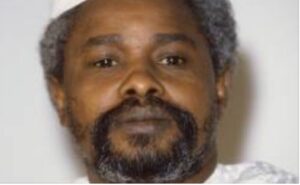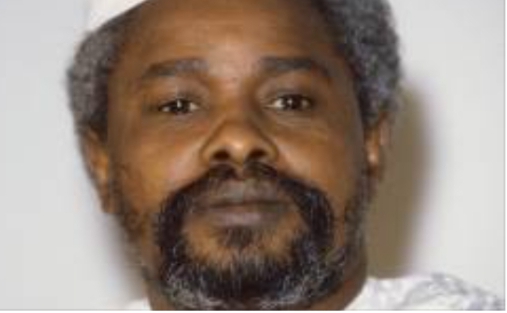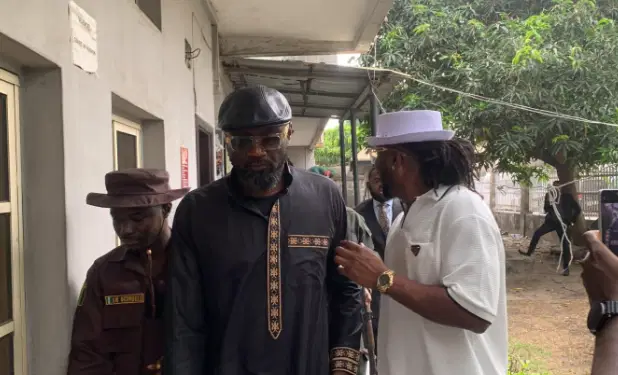
The former president of Chad,
Hissene Habre, who was jailed for war crimes, has died on Tuesday in Senegal at the age of 79, Senegal’s justice minister said.
Habre was said to have contracted COVID-19 at a clinic in the capital Dakar where he was taken 10 days ago from jail for medical reasons, Justice Minister Malick Sall, said. When his condition worsened, he was taken to Principal Hospital, where he died.
Habre’s 1982-90 rule, which began with a coup, saw widespread killings by his infamous political police who rounded up suspects and held them in secret detention centres. In eight years, tens of thousands were raped, tortured and killed.
After a landmark trial in Senegal, where he fled after being chased out of office by Sudan-based forces, Habre was sentenced to life in prison in 2016 for rape and ordering the killing and torture of thousands of political opponents.
The verdict was seen by rights groups as a watershed moment in African justice: it marked the first time in modern history that one country’s domestic courts have prosecuted the former leader of another country for crimes against humanity.
It also capped a 16-year battle by victims and rights campaigners to bring the former Chadian autocrat to justice.
“Hissene Habre will go down in history as one of the world’s most pitiless dictators,” said Reed Brody of the International Commission of Jurists, who has worked with Habre’s victims since 1999.
“(He was) a man who slaughtered his own people, burned down entire villages, sent women to serve as sexual slaves for his troops and built clandestine dungeons to inflict medieval torture on his enemies.”
Habre denied his role in the killings and remained defiant. At the start of his trial in 2015, he had to be carried into court in his long white robes, and restrained by masked security guards. He shouted “Shut up! Shut up!” when the clerk read out his indictment.
The United States and France supported Habre during his rule over the desert nation in central Africa, fearful of the expansionist designs of neighbouring Libya’s Muammar Gaddafi, whose troops occupied an area of northern Chad.
That support waned as Habre faced growing resistance from armed groups, including his eventual successor Idriss Deby, who attacked from neighbouring Sudan.





